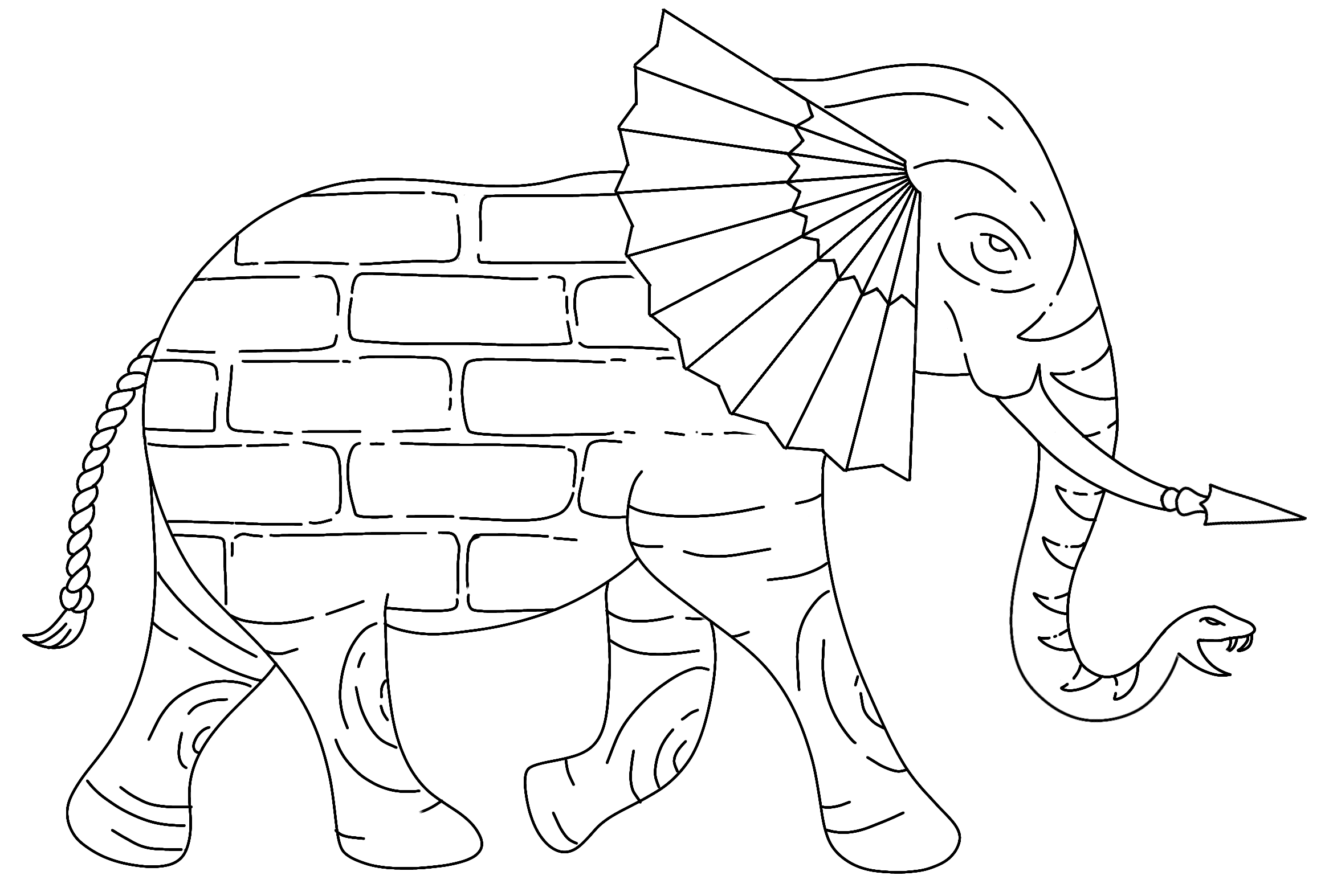It’s a perennial complaint, older than recorded history: “Kids these days! We just don’t understand them.” From Socrates lamenting the youth of Athens to modern parents bewildered by TikTok trends and digital natives, the friction between generations feels like a constant.
But what if the gap we’re experiencing now is fundamentally different? What if the feeling that parents genuinely don’t have the answers isn’t just teenage rebellion or the usual cycle of change, but a reflection of a deeper historical anomaly?
Based on the sweep of human history, there’s a strong case to be made that for the vast majority of our existence – let’s say 90% of it – parents did understand their kids, because the world they inhabited was largely the same.
The 90% World: Stability and the Power of Parental Wisdom
For most of human history, the pace of change was glacial. The environment, the tools, the social structures, the core threats, and the necessary survival skills remained remarkably consistent from one generation to the next. If you were born into a farming community, the way your parents farmed was likely the best way you should farm. The social customs they adhered to were the ones you needed to navigate your own life.
In this stable world:
-
Parental Experience Was Gold: Your parents’ survival and success were direct proof of their fitness – their adaptation to the prevailing reality. Their knowledge wasn’t just advice; it was a tried-and-true map for navigating the world you were born into.
-
“Be Like Your Parents” Was the Winning Strategy: Deviating too much from the established norms was risky. Conforming, learning from elders, and replicating their successful strategies was the most reliable path to survival and reproduction. Evolution favored deference to proven experience.
-
Understanding Was Implicit: Parents understood the challenges their children would face because they were essentially the same challenges they had faced. The fundamental parameters of life were shared.
The 10% World: When the Map Becomes Useless
Now consider the remaining 10% of history, and particularly the sliver we inhabit today. Fueled by technological acceleration, globalization, and rapid cultural shifts, the world is changing at an unprecedented rate. The environment a child is born into today is significantly different from the one their parents navigated just 20-30 years prior.
Think about it:
-
The internet wasn’t mainstream for many current parents’ childhoods.
-
Social interaction is mediated through platforms and norms that didn’t exist.
-
Career paths are radically different, with entire industries emerging and disappearing within decades.
-
Economic realities, access to information, and even core philosophical debates have shifted dramatically.
In this era of rapid change:
-
Parental Experience Loses Predictive Power: A parent’s map, meticulously drawn from their own journey, often points to landmarks that no longer exist or pathways that are now blocked. Their hard-won lessons might be irrelevant or even counterproductive in the new terrain.
-
Adaptation Becomes the Winning Strategy: Simply replicating parental strategies is no longer sufficient and can even be detrimental. The younger generation is forced to adapt, experiment, and find new ways to navigate a world their predecessors never encountered.
-
Misunderstanding Becomes the Norm: Parents struggle to grasp the pressures, opportunities, and social dynamics their children face because they lack a comparable lived experience. Kids feel misunderstood because, in a very real sense, the world they inhabit is alien to their parents.
The Burden of Finding New Archetypes
This isn’t just about disagreeing over music tastes or fashion. It’s about a fundamental disconnect in the operating system of daily life. For perhaps the first time on such a mass scale, the younger generation cannot simply inherit the “successful archetypes” of the past. They are tasked with discovering and defining the successful archetypes for the future.
This places an immense burden on young people, forcing them into roles as pioneers navigating uncharted territory without a reliable map. It also creates anxiety and frustration for parents, who want to guide and protect their children but find their tools inadequate for the task.
Returning to the Norm?
Perhaps this period of intense generational disconnect is temporary. Maybe, after a generation or two navigating this rapid adaptation, things will stabilize again. Perhaps AI tutors or new social structures will create a different kind of continuity. Or perhaps continuous, accelerating change is the new norm.
Regardless, understanding this historical perspective can foster empathy. The current generational gap isn’t just a failure of communication; it’s a structural consequence of living through one of history’s most dramatic transition periods. Our parents likely don’t have all the answers for the world we live in now – not because they lack wisdom, but because the questions themselves have changed. And it falls to the current generation not just to find those answers, but to figure out the right questions to ask in the first place.
